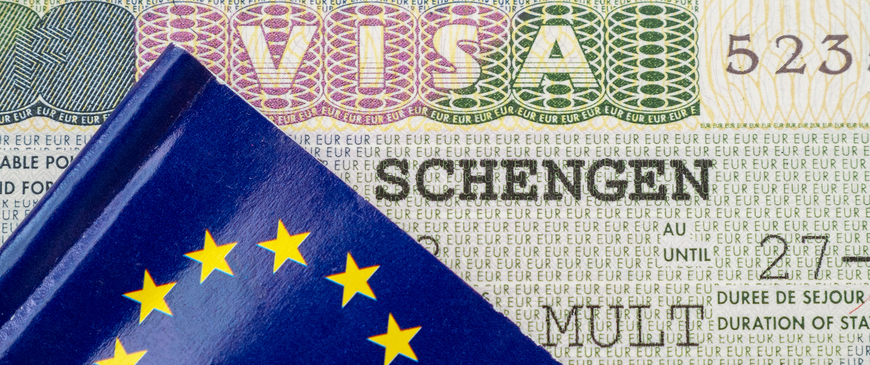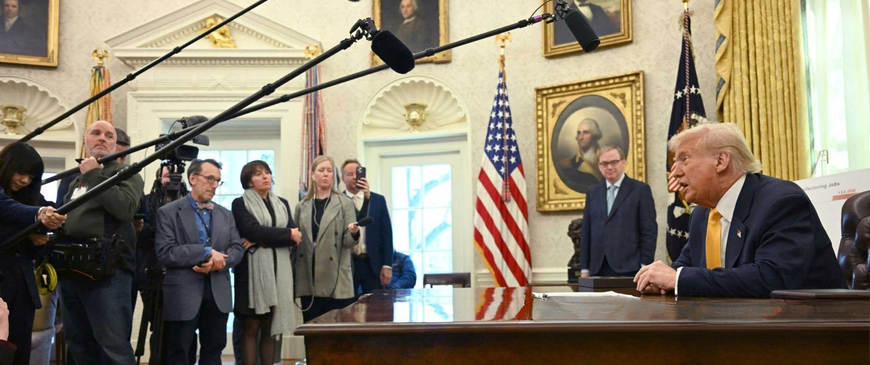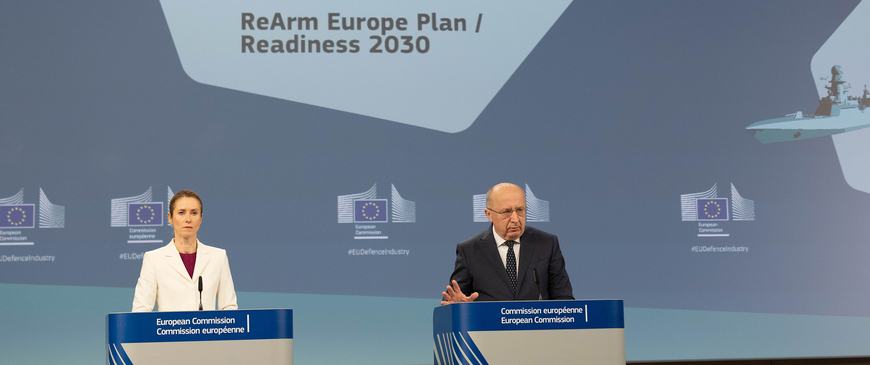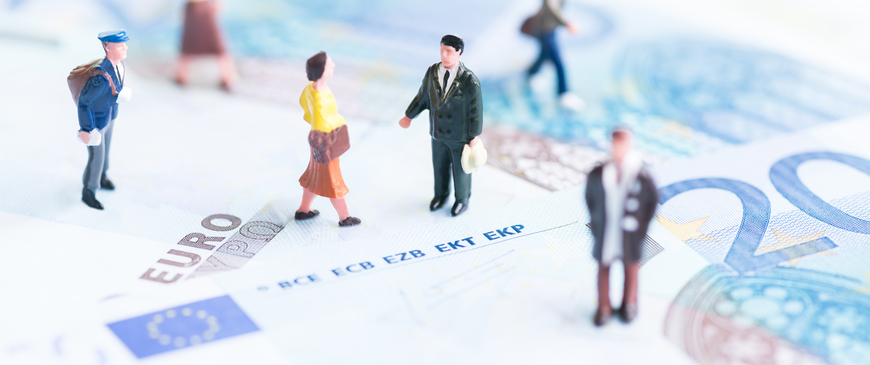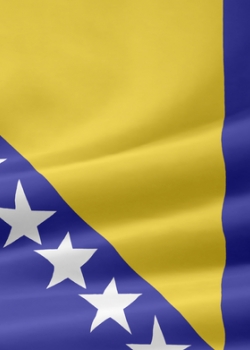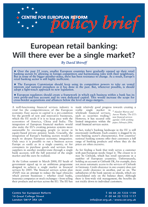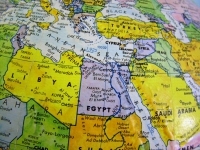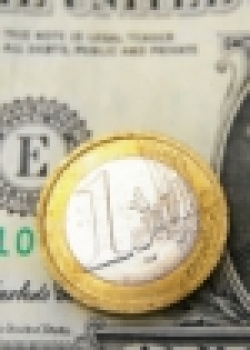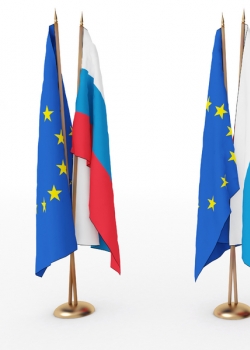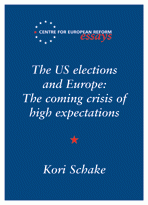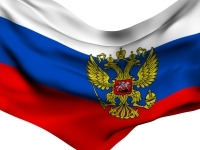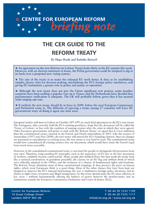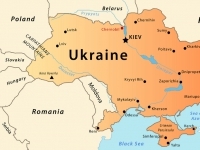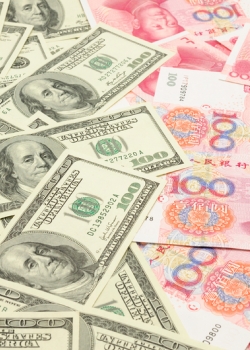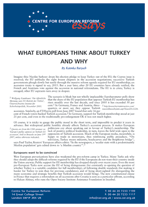Research
Europe’s defence and its new security strategy
03 December 2007
The European Union is starting work on a new security strategy. France’s president, Nicolas Sarkozy, wants it approved in the second half of 2008, during his country’s EU presidency.
The EU must stand firm on Bosnia
03 December 2007
The EU’s inability to halt the Bosnian civil war of 1992-95 marked the nadir of its attempts to build an effective foreign policy. Eventually the Americans helped the Europeans stitch Bosnia back together, at the Dayton peace conference.
European retail banking: Will there ever be a single market?
03 December 2007
Integrated markets for entertainment and communications, as well as nearly all goods, stretch from the Arctic to Cyprus. By contrast, Europe’s retail banking industry remains largely segmented along national lines.
Politics, Sarkozy and the euro
03 December 2007
Not long after its launch, the euro was famously dismissed by a disgruntled currency trader as a “toilet currency”. How things have changed. Since 2003, the euro’s external value has soared, particularly against the US dollar.
Issue 57 - 2008
30 November 2007
- Politics, Sarkozy and the euro, Philip Whyte
- Europe’s defence and its new security strategy, Tomas Valasek
- The EU must stand firm on Bosnia, Charles Grant, Tomas Valasek
China is losing its EU friends
29 November 2007
The EU is getting tough on China. That, at least, is the impression one gets from high-ranking EU officials that arrived for the annual EU-China summit in Beijing this week. Economics is the main reason for Europe’s changing mood.
Bringing Syria into the Middle East peace process
23 November 2007
The nearer the Annapolis conference comes, the less it looks likely to deliver peace between Israelis and Palestinians. The weakness of the key actors and the current conditions on the ground in the Palestinian territories offer little reason for optimism.
The euro as the world’s reserve currency?
15 November 2007
Back in the 1970s President Nixon’s treasury secretary, John Connally, famously quipped that “the dollar may be our currency, but it’s your problem”.
Sarkonomics – a user’s guide
08 November 2007
President Sarkozy is frequently portrayed in France and elsewhere as an “economic liberal”. This is a mistake. He is undoubtedly an economic reformer prepared to take on the privileges of labour market “insiders”; but he retains a French dirigiste’s belief in an active role for the state in economic development. This manifests itself in several areas, including his support for “national champions”, his mercantilist vision of international trade, and his belief that governments should have greater influence over the European Central Bank (ECB).
EU-Russia: No more ambitions
01 November 2007
The CER organised a conference on EU-Russia relations in Brussels on October 30th, together with ‘Russia Profile’ magazine. I have been to dozens of these EU-Russia meetings in the last couple of years.
The US elections and Europe: The coming crisis of high expectations
01 November 2007
The election of a new US president in 2008 offers an opportunity to repair US-European relations. But, as Kori Schake argues in this essay, both sides must guard against high expectations.
Can the EU learn to live with Chinese mercantilism?
29 October 2007
Not long after its launch, the euro was famously dismissed by a disgruntled currency trader as a “toilet currency”. How things have changed.
A grand bargain with Russia?
19 October 2007
Relations between the Russia and the West have not been so prickly since the break-up of the Soviet Union. Viewed from the US and the EU, Russia is being obstructive across a whole swathe of issues, such as its blockade of trade with Georgia, its refusal to accept independence for Kosovo, and its opposition to further UN sanctions on Iran.
The CER guide to the Reform Treaty
17 October 2007
European leaders will meet in Lisbon this week to reach final agreement on the EU's new 'Reform Treaty'. The main objective is to make the enlarged Union work better, streamline the EU's foreign policy machinery and facilitate co-operation for fighting crime and terrorism.
What now, Ukraine?
05 October 2007
Ukrainians voters have spoken, sort of. On September 30th, they elected a new parliament. They made some heartening choices, backing forces of reform and sidelining smaller, less relevant parties.
Transatlantic relations after Bush
01 October 2007
Answer this: which US president bombed Iraq, attacked Afghanistan, and started a war without UN Security Council approval? Here is a hint: the same president, explaining why he launched the strike on Iraq, said: “Saddam Hussein must not be allowed to threaten his neighbours or the world with nuclear arms,...
What should Europe do about sovereign wealth funds?
01 October 2007
Several EU governments have become alarmed about sovereign wealth funds (SWFs). Germany, for example, is thinking of preventing such funds from buying local companies in sensitive sectors.
Yes to a referendum, but not on this treaty
01 October 2007
Britain is divided over the EU’s new Reform Treaty. The eurosceptic lobby is ratcheting up a well-funded, media-savvy campaign to pressure the government into holding a referendum on the treaty.
Issue 56 - 2007
28 September 2007
- What should Europe do about sovereign wealth funds?, Katinka Barysch, Philip Whyte
- Yes to a referendum, but not on this treaty, Hugo Brady
- Transatlantic relations after Bush, Kori Schake
What Europeans think about Turkey and why
25 September 2007
Surveys show that a majority of EU citizens are against Turkish membership. This matters since France, Austria and probably other countries too will hold a referendum on Turkish accession.


